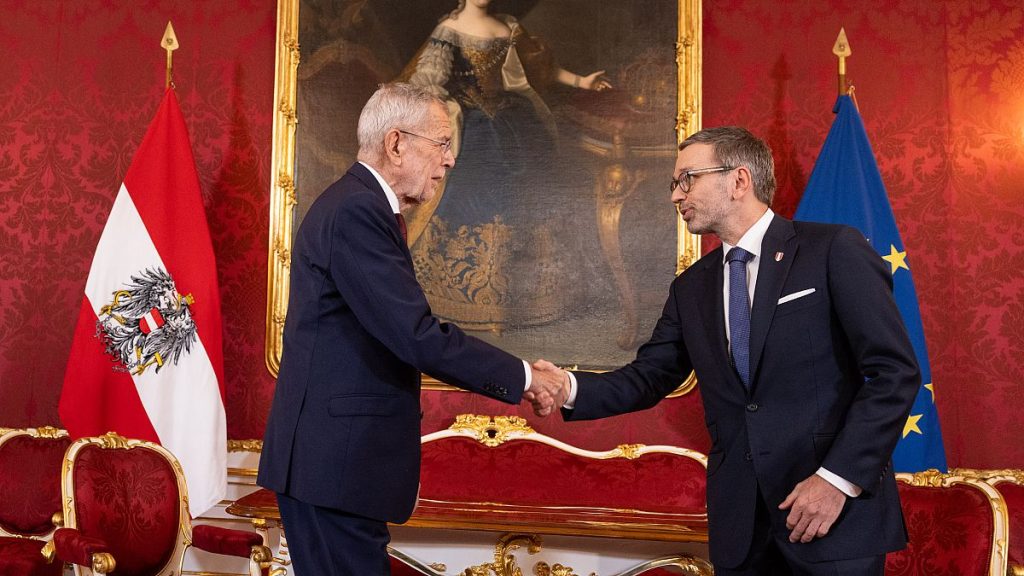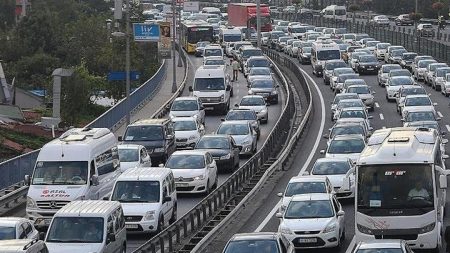Herbert Kickl, the leader of the far-right Austrian Freedom Party (FPÖ), is currently facing difficult coalition negotiations following the recent national election where his party secured nearly 29% of the votes, the highest share but falling short of a majority. To form a government, Kickl must seek a coalition with other parties, but the centre-left Social Democratic Party (SPÖ), the Green Party, and the liberal NEOS have all ruled out collaborating with the FPÖ. The former ruling Austrian People’s Party (OVP), which secured 26% of the vote, has stated that they may consider collaboration only if Kickl is excluded from the government. Kickl is a controversial figure known for endorsing various conspiracy theories and advocating for the use of Ivermectin during the COVID-19 pandemic while previously referring to the World Health Organization as an instrument for enforcement of power interests.
Kickl has spent most of his political career in the background, serving as a campaign strategist for the Freedom Party and as a speechwriter for Jörg Haider, a former leader of the party. He also served as the interior minister between 2017 and 2019 in a government that collapsed due to a corruption scandal involving the FPÖ’s then-leader. Even Chancellor Karl Nehammer’s conservative OVP, which has formed two national coalition governments with the FPÖ, considers Kickl a security risk and believes that it is impossible to shape a state with him. The FPÖ, which was founded in 1956 by former Nazis, is largely Eurosceptic and Kremlin-friendly, with a hard-line stance on immigration and a desire to reclaim powers from the EU for Austria. The party is part of a right-wing populist alliance in the European Parliament known as Patriots for Europe, whose members welcomed the results of the Austrian election as building on gains in other countries. The FPÖ also calls for lifting sanctions against Russia and criticises Western military aid to Ukraine, with Kickl labelling European Commission President Ursula von der Leyen as a “warmonger”.
The current political landscape in Austria is complicated by the refusal of the SPÖ, Green Party, and NEOS to collaborate with the FPÖ, leaving Kickl with limited options for forming a coalition government. The OVP, which is open to collaborating but only under the condition that Kickl is excluded, presents a possible avenue for Kickl to pursue. However, Kickl’s controversial views and his history of endorsing conspiracy theories make his inclusion in the government a contentious issue. Chancellor Nehammer’s concerns about Kickl being a security risk further complicate the situation and could potentially impact the formation of a coalition. Additionally, Kickl’s hard-line stance on immigration and his Eurosceptic and Kremlin-friendly views may further alienate potential coalition partners, making it challenging for him to secure the necessary support to form a government.
Despite facing challenges in forming a coalition government, Kickl remains a prominent figure in Austrian politics due to the FPÖ’s strong showing in the recent national election. His controversial statements and advocacy for controversial theories have garnered attention both domestically and internationally, contributing to his reputation as a polarising figure. Kickl’s background as a campaign strategist and his association with previous FPÖ leaders add complexity to his political career and make him a key player in the far-right movement in Austria. As Kickl navigates the coalition negotiations, his past actions and statements will likely continue to influence the perception of him among both potential coalition partners and the general public, shaping the direction of Austrian politics in the coming years.
The FPÖ’s hard-line stance on immigration, Eurosceptic views, and close ties to the Kremlin have positioned the party as a significant player in the European political landscape. The party’s affiliation with the Patriots for Europe alliance in the European Parliament underscores its commitment to right-wing populist ideologies and opposition to established political entities. The FPÖ’s call for lifting sanctions against Russia and criticism of Western military aid to Ukraine further highlight its anti-establishment and anti-EU stance, aligning it with other populist movements across Europe. Kickl’s leadership of the FPÖ has reinforced the party’s reputation as a disruptive force in Austrian and European politics, with his controversial statements and actions shaping the party’s identity and influencing its position within the broader political landscape.
In conclusion, Herbert Kickl’s leadership of the FPÖ and his current challenges in forming a coalition government in Austria underscore the complexities of far-right politics in the country. His controversial views, political career, and association with previous party leaders have shaped his reputation as a polarising figure in Austrian politics, with potential implications for the formation of future governments. The FPÖ’s hard-line stance on immigration, Eurosceptic views, and ties to the Kremlin further highlight the party’s anti-establishment position within the European political landscape. As Kickl navigates coalition negotiations and seeks to form a government, his past actions and statements will continue to influence the perception of him and the FPÖ, shaping the direction of Austrian politics in the coming years.















